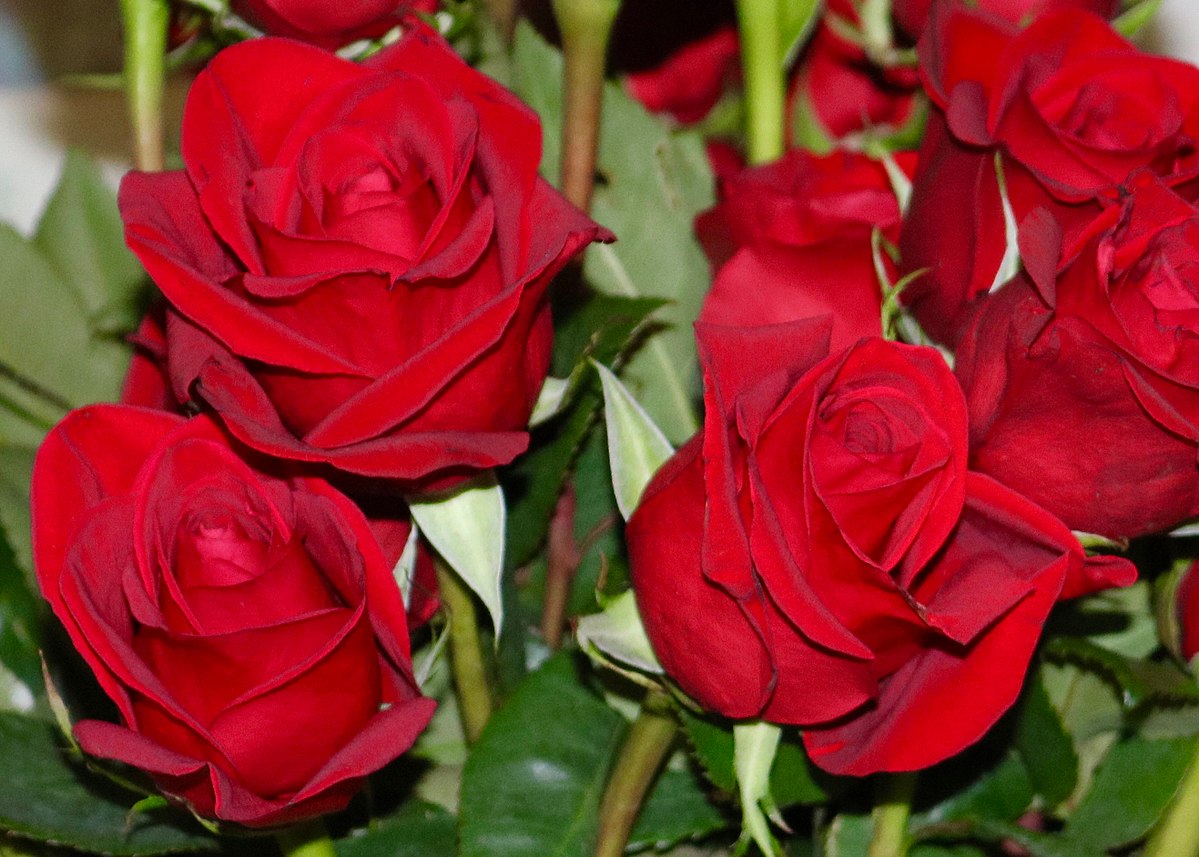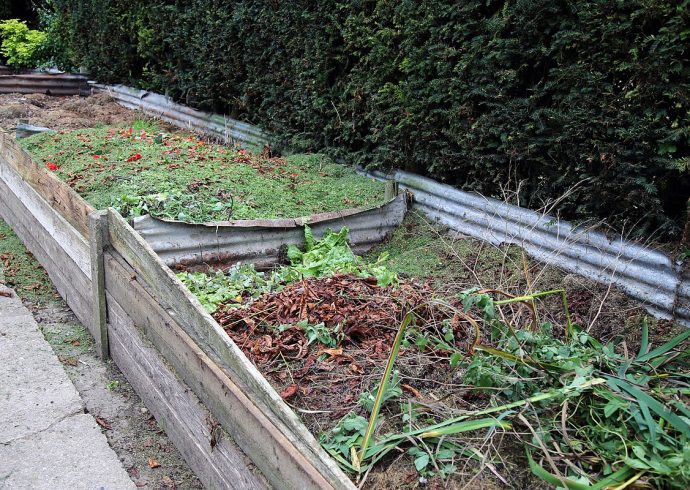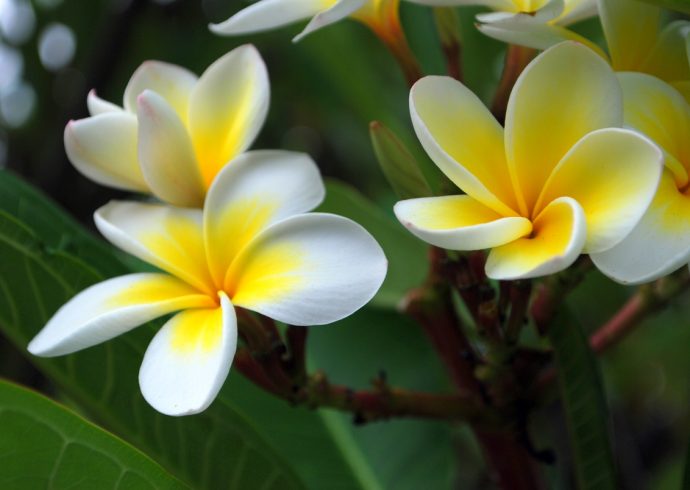
Growing Ecuadorian Roses Organically
Ecuadorian roses come in several different colors, including red, pink, lavender, plus bi-colors like pale pink and red. The are frequently used in pre-purchased floral bouquets from the local florist’s or grocery store. The main benefits of these roses to other ones are the sheer size of the flower blossoms, plus the lengths of the stems, which make them perfect as a cut flower for tall vases. The stems of the Ecuadorian roses are deep green in color, and grow straight unlike many other rose bushes that have stems forming at angles. These roses are best grown outside in warm growing zones, especially southern states, but can be just at home inside a greenhouse, closed porch or patio, growing in a floor pot.
The Ecuadorian rose is a native of Ecuador, where roses grow well in the warm climate. The roses receive optimal care and nourishment from the sun and water. The roses are so beautiful, they can be grown from a small rosebush purchased from the local nursery and planted where they can be enjoyed once the bush is in full bloom. In Ecuador where the roses are harvested for floral bouquets, a large number of chemicals are used to prevent the insects and other plant diseases from harming the plant, but these roses can be grown organically, using natural means to keep away destructive insects.
Prepare the soil for your Ecuadorian rose bush. Add mulch, manure, and fertilizer to the well drained soil and blend well. If the soil is being prepared for a floor pot, simply mix it a bucket or on a plastic trash bag before pouring it into the pot. Floor pots should be at least 14″ deep, with a layer of small rocks or pebbles placed in a layer at the bottom. Outside, dig a hole big enough for the rose bush and water well. Ecuadorian rose bushes planted for inside use will not be affected by insects or other diseases. For those planted outdoors, however, the following items can be used to keep away insects and diseases:
Powdered bacillus thuringiensis can be applied to the bush. What happens with this powder is that the insect eats it, then dies. The powder is toxic to insects, but is safe to animals and people.
Ivory liquid, when diluted in water, can be applied to the bush’s leaves to keep away insects. One drop of soap per 1/4 cup of water will do the trick. The soap can easily be washed off the leaves when the roses are cut, or by the rain.
Pepper, when sprinkled on the leaves, will also discourage some insects. Other insects may simply ignore the pepper, but that is where the soap and water solution comes in handy.
Image Credit: Montanabw, CC BY-SA 4.0, via Wikimedia Commons.


